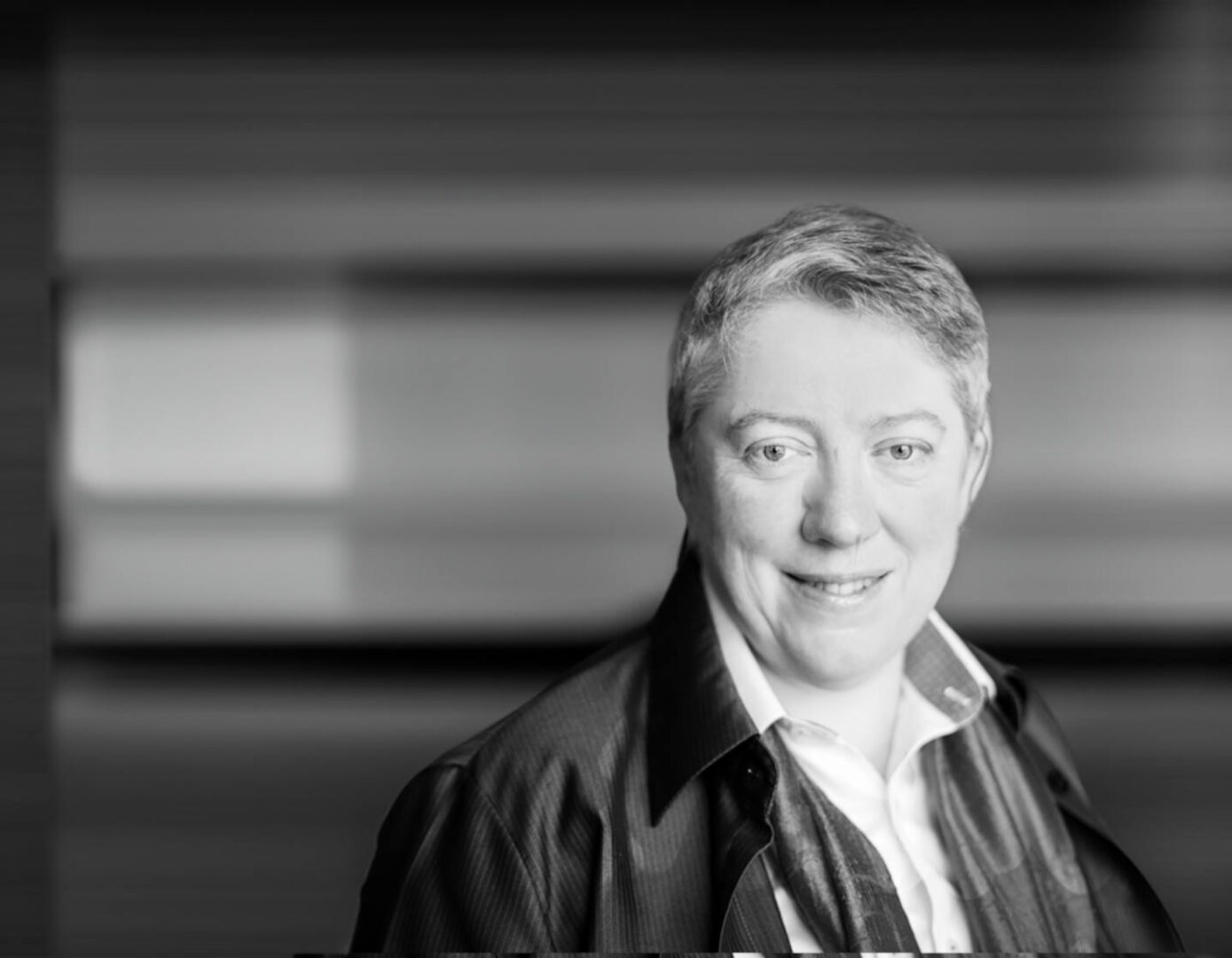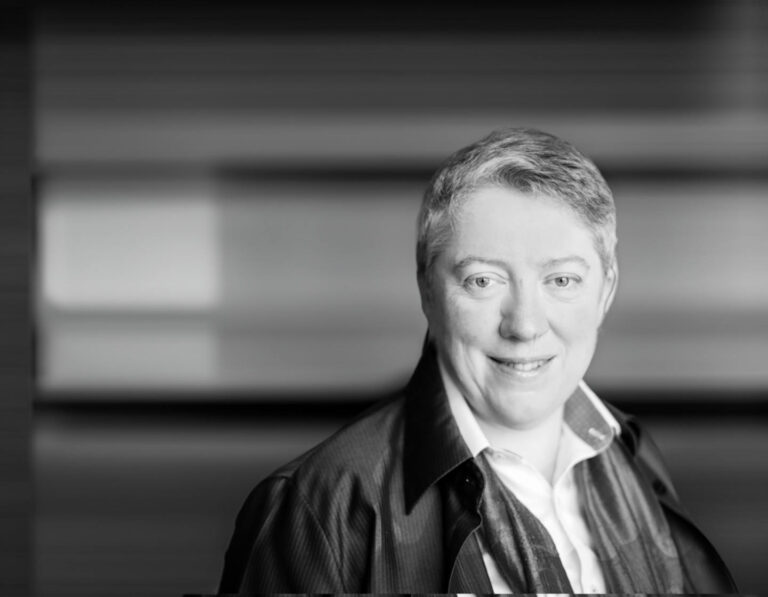
When Feena May joined IMD’s Strategies for Leadership (SL) program in 2010, geared towards senior women leaders, she harbored doubts about the necessity of female-only spaces. Her skepticism quickly dissolved, however, replaced by a stark realization: they were indispensable.
“I was quite horrified at the profound pain many of the women had in their stories of navigating the workplace,” she recalls. “Coming from a humanitarian background, I hadn’t encountered some of the same issues that women in the private sector had faced.”
May was struck by how quickly the group established trust and the “extraordinary depth of the discussion and reflections.” This revelation underscored the critical need for fostering a safe space where women can openly share and learn from one another.

The power of presence
The art of creating and holding space has accompanied May throughout her career – from her first paid job as a resident clown for a promotions company, to working on the frontline of conflict during her 29 years at the International Committee of the Red Cross (ICRC), and now as CEO of The Inspiring Company.
Her training with the Moscow State Circus taught her a valuable early lesson about the power of presence. “When you walk into a circus ring, for a nanosecond all is potential and nothing’s happened. It’s your presence that will ignite the story one way or the other,” she says.
This applies across all contexts – whether you are there to entertain, provide comfort, or teach. While deputizing for the Relief Coordinator for the ICRC in the former Yugoslavia, she recalls feeling helpless witnessing the suffering of Bosnian refugees who had lost their homes and been separated from their families.
“One day I was struggling with not being able to bring enough into the camp, and one lady said to me: ‘Feena, it’s your presence that brings us dignity, not what you bring.’ Those words have always stuck with me,” she says.
A model of good leadership
Over the next few years, she rose to become Head of Global Learning and Development at the ICRC and was inspired to go back to university and delve deeper into the notion of what creates good leadership.
“In my ICRC career, I was fascinated that we could go to dangerous places with terrible living conditions and that our teams functioned and worked and did good stuff together. We could equally go to places where there was hot running water and no security issues and teams were dysfunctional,” she says.
During her PhD at the Sorbonne in Paris, May developed a leadership model framed by five dimensions: presence, relating, sensemaking, action, and service.
For her, presence means more than just being there – it’s about making a tangible impact. “You can walk into a classroom and walk out again and nobody’s noticed,” she says. “Presence is wanting to make a difference and showing up with that intention so that once you are present in the space, you can relate to the people and the context.”
Sense-making and service are aspects of the leadership model that May believes women often excel at, noting how they see the bigger picture and have a desire to contribute meaningfully to the world.
“The traditional model of leadership is based on having a vision, bringing people along, and getting stuff done. But Hitler did that,” she says. “One of the things I was looking for was how we bring the idea not just of purpose, but of making a positive difference in the world into the leadership space. This could be something as simple as making sure the team gets a better cup of coffee, or as big as ensuring we take better care of the environment.”
In contrast, women sometimes struggle with showing up authentically, instead acting in a way they think they should. Rejecting conventional depictions of a charismatic leader, May aligns with a philosophy where charisma emanates from being fully aligned with who you are.
She believes we need to move away from the definition of charisma as charm or attractiveness that inspires devotion in others. Instead, she prefers the interpretation by French philosopher Annick de Souzenelle about charisma being aligned with who you are. “This means that means everybody can be charismatic, whether you’re an extrovert or an introvert, whether you’re five foot nothing like me, or six feet tall,” she says.

‘Wisdom in the room’
After completing her SL program, May decided there was immense value to be had in recreating the “magic” each year. So, in 2011, she organized the first SL annual retreat which creates a space for alumni from the program to come together, connect, and continue learning. “There is so much wisdom in the room from these wise women that we build the content of each retreat using that.”
She also believes there’s a huge amount of wisdom that can be passed onto the next generation – so much so that, at the 2022 event, attendees could bring along a young woman, such as a daughter, niece, or mentee, to share a bit of the SL magic and pass on the wisdom and knowledge. It was great.”
This is the third of a series of stories celebrating the 20th anniversary of our Strategies for Leadership (SL) program.


